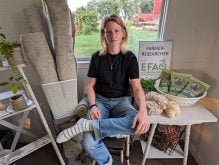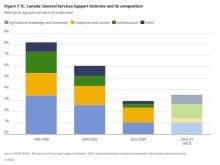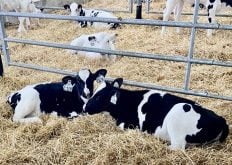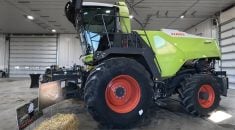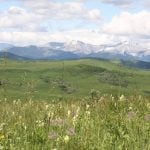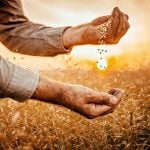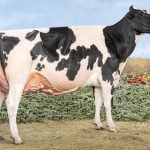Agriculture took over the Galaxy Cinema in Guelph on Feb. 24 — the big screen bright with the story of cows around the world.
More than 200 people filled the seats in one of the movie theatres to have the chance to see a high-production-value documentary focused on livestock’s economic, social and environmental impact for the first time in Canada.
Alltech was inspired to create the documentary — World Without Cows — after the CEO of oat beverage company Oatly sang about how great it would be to live in a world without cows during an advertisement during the 2021 Super Bowl.
Read Also
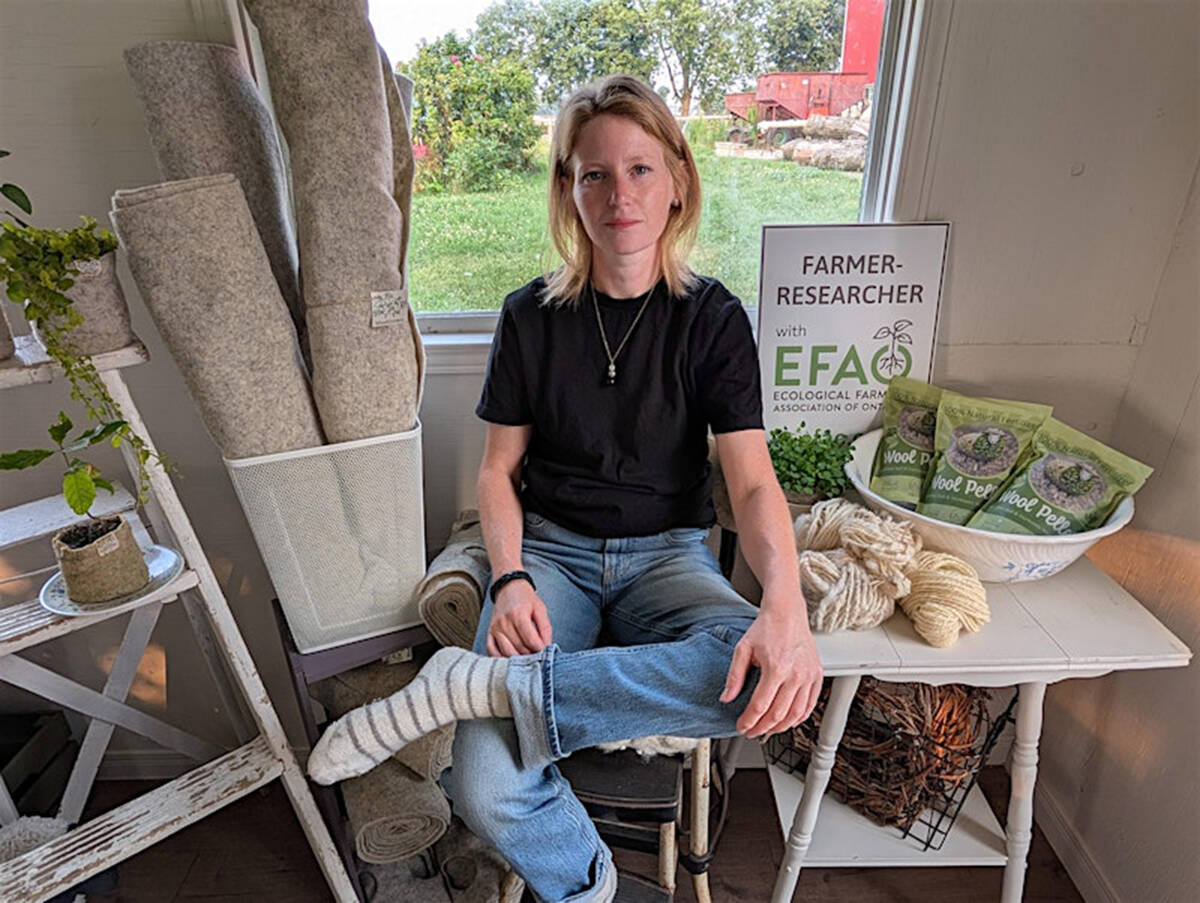
From fleece to fertile ground
Lindsey Weber turns Canadian wool into sustainable, biodegradable weed suppression and horticulture alternatives to plastic, boosting farm sustainability and revitalizing Canada’s wool industry.
Alltech is a global company that provides feed and feed ingredients to livestock producers, including some large feed milling players in Canada like Masterfeeds.
The Guelph screening of the documentary was the first time it has been shown in Canada. In the audience were farmers, staff from agriculture organizations and livestock supply companies.
What they were shown was a documentary that included the usual experts in livestock impact on the environment like Sarah Place from the University of Colorado and Frank Mithlouer from the University of California, Davis, but also other academics with concerns about the impact of cows on climate change and the environment.
Alltech hired two journalists, Michelle Michael and Brandon Whitworth, to travel the world examining the impact of bovines on communities and the environment.
The result is a visually rich documentary, beautiful to see on the big screen, particularly if you appreciate cattle. There are many drone shots of cattle grazing in the lee of mountains in Kenya and North America, as well as living in feedlots.
The Masai tribe in Kenya is featured as a culture that is strongly tied to cows and their ability to improve the lives of the people.
Farmers from other parts of the world also made passionate pleas for more cattle on the land from a land-use and nutrient-cycling perspective.
Methane explanations appreciated
A panel of farmers and industry representatives gathered after the documentary and said there was value in the simple way the documentary presented the complex methane cycle. Kelly Somerville, CEO of the Livestock Research and Innovation Corporation was the moderator.
Methane is an important greenhouse gas produced by ruminants, but it is also part of a global carbon cycle, as cows consume plants that sequester carbon.
The message that methane is 25 to 34 times more damaging than carbon dioxide has been pushed on the industry for a long time, says Laurie Stanton of Stanton Farms, a dairy farm at Ilderton that processes manure on its farm in biogas digesters, turning it into electricity and renewable natural gas.
“When you look at the whole picture, how it’s recycled back through and really kind of operates in balance, and the methane has a much shorter half life than carbon dioxide, it’s a point we probably should stress more to consumers,” he said.
“What’s misunderstood a lot is that methane is not the same as C02,” said Michael Lohuis, vice president of Research and Innovation at Semex, and also a part of the panel.
Craig McLaughlin, recently re-elected president of Beef Farmers of Ontario was also on the panel and said that reclaiming the narrative about the value of cattle on the land is important for the agriculture industry.
“I think for too long, too many people are telling our story, but they’re not part of the industry. We have to go forward and tell our story,” he said.
Alltech’s goal is to have World Without Cows on a video streaming service, so it isn’t available on the iwnternet at this point other than the trailer. The company is interested in more screenings of the documentary and invited other industry partners to work with Alltech to book more public viewings.






